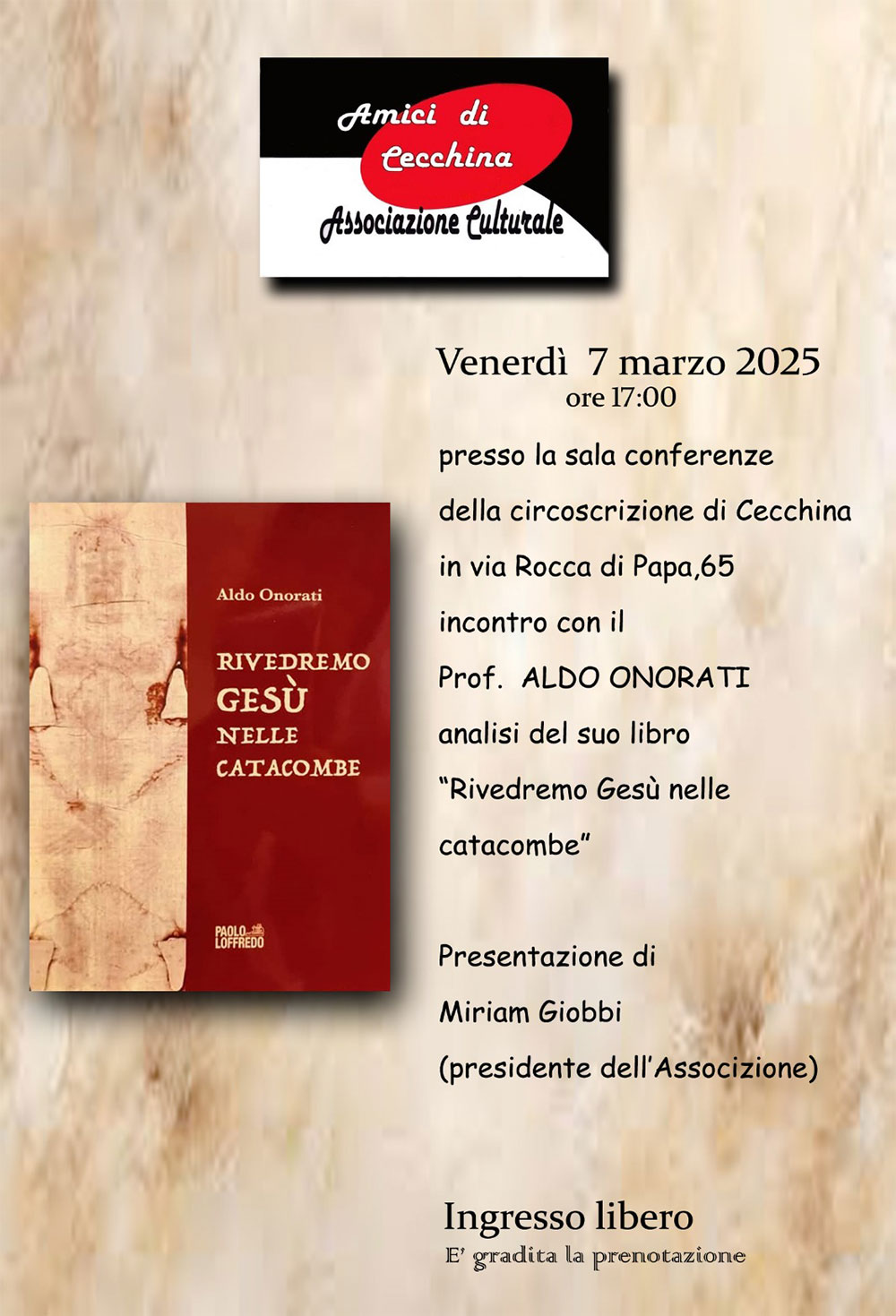 Paolo Loffredo, sixth generation of a large family of publishers and booksellers engaged in the production and distribution of books since the late nineteenth century, creates in 2012 the new editorial company Paolo Loffredo Editore. The historical site was until the '80s in the heart of the historic centre of Naples in Via San Biagio dei Librai, lower Decumano and also known as the SpaccaNapoli.
Paolo Loffredo, sixth generation of a large family of publishers and booksellers engaged in the production and distribution of books since the late nineteenth century, creates in 2012 the new editorial company Paolo Loffredo Editore. The historical site was until the '80s in the heart of the historic centre of Naples in Via San Biagio dei Librai, lower Decumano and also known as the SpaccaNapoli.
At the beginning of the twentieth century, Giuseppe Loffredo decided to add book selling to the book production, which definitively imposed itself after World War II with the publication of manuals for the University and for the School that succeeded in establishing themselves soon throughout Italy.
LAST EVENT
"Rivedremo Gesù nelle catacombe"
07 Marzo 2025 - Sala Conferenze circoscrizione di Cecchina - via Rocca di Papa 65, Albano Laziale (RM) - ore 17,00

Luigi Tansillo - L'egloga e i poemetti
ISSN 2611-1462
Language: Italian
Publisher: Paolo Loffredo Iniziative Editoriali Srl

Description
L'egloga e i poemetti
It is the third volume of the critical and commented edition of the works of Luigi Tansillo, launched in 2010 with the edition of the playful and satirical Chapters (by Carmine Boccia and Tobia R. Toscano, Rome, Bulzoni) and continued in 2011 with the two volumes of the Rhymes (introduction and text by Tobia R. Toscano, commentary by Erika Milburn and Rossano Pestarino, Rome, Bulzoni). In this third volume are collected works of meter and varied subject composed by Tansillo in various times, from the youthful polymathic dramatic egloga The two pilgrims to the didactic poems in the third rhyme of maturity, Il podere e La balia. The median production consists of poems in the eighth rhyme (The grape-harvester, Stanze a Bernardino Martirano, Clorida), which, in the variety of themes treated, confirm the high quality of its poetic production. The corpus here proposed, after a careful review of the entire manuscript and printed tradition, diverges in some fundamental junctions from the choices made by Francesco Flamini, to whom we owe the praiseworthy edition of 1893, of which the title is preserved.



